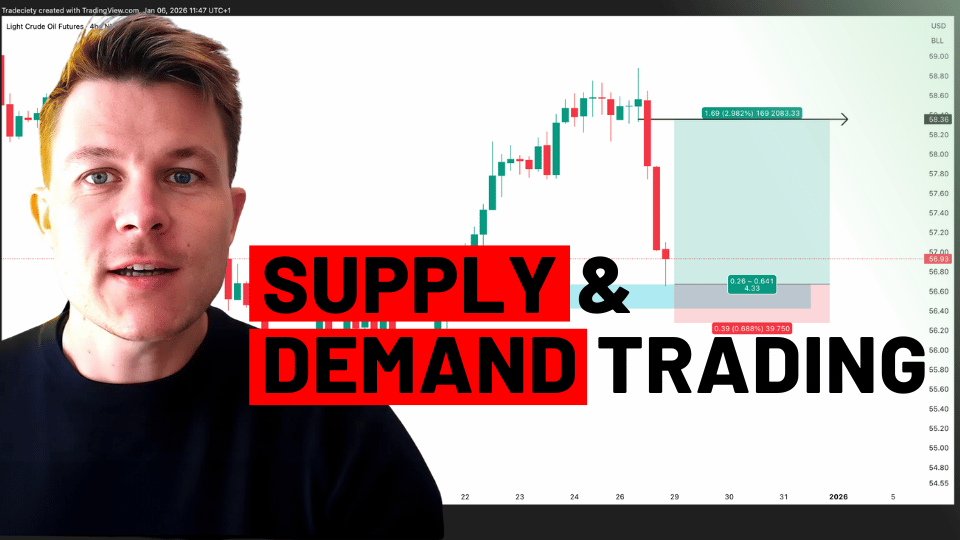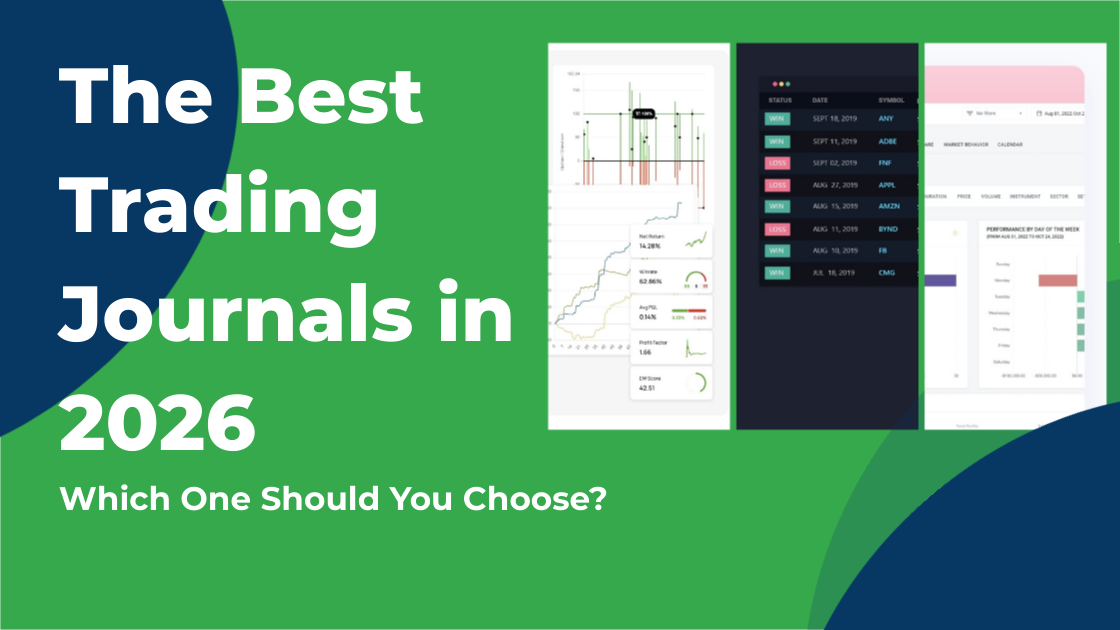Supply and Demand Trading in 2026
We have been trading supply and demand strategies for over ten years, and they have stood the test of time remarkably well. Supply and demand is...
This article is a guest post by Matt Zimberg who is the President of Optimus Futures, LLC which is a futures brokerage firm. In the following article he explains 4 important aspects that a trader has to be aware of when it comes to choosing a trading platform.
There are two types of Data: Unfiltered data and Aggregate data. Due to the ever increasing amount of information (data) coming from the exchanges, it has become very challenging to get true tick by tick data, with many brokerages delivering only aggregate data or “averaged prices”. Make sure your broker provides fast, unfiltered data to your trading platform and order routing to and from the exchanges. You should be able to see true “tick-by-tick” data instead of “data blocks”. You need a clear and instantaneous picture of price activity so you can see the interaction between buyer and sellers, the depth of market and charts.
Today’s speed of execution is not measured in seconds, rather in milliseconds. Execution must occur in the shortest time span possible (low latency) to minimize slippage! Furthermore, since trading execution is based on first in, first out, you should consider what data you use when sending your limit orders, whether for entry or profit taking. Have you experienced situations where your order did not get filled? This is because the orders from other traders with better execution went in the queue before you and your order was left behind as the inventory of buy/sells became available. Therefore, speed makes a big difference as far as fills of limit orders. This in turn can affect your methodology, and/or missed opportunities. Luckily, even retail traders today enjoy low latency executions such as Rithmic that fuel their platforms to achieve potentially institutional grade execution. This millisecond execution can potentially allow you to get your orders filled ahead of other traders that use less advanced technologies. There are many platforms and data providers that can provide you with the latency measure for your execution.
When examining a platform to trade futures, you should test one that is stable, meaning it does not consume a lot of your computer’s resources. There are platforms that require a lot of memory to operate properly so please do your research and find out which ones are compatible with your computer’s specifications. Some platforms can be buggy, freeze and potentially not interact well with the existing software running on your PC or laptop. Always demo the platform to examine how it interacts with your operating system and whether it affects your speed of execution.
Consider platforms like R-Trader, SierraChart, MultiChart (.Net), CQG, etc. that combines low latency execution backed up by a stable infrastructure.
Many beginners in the futures arena do not pay attention to the cost of commissions, platforms, data feed, execution, historical data, etc. The tremendous costs of trading is often overlooked by the over enthusiasm to join the market. Find out the native features that come with each platform and whether you are required to pay extra for certain functionalities .If you do enough research you will find that there are many platforms that come with all the features a beginner trader might need to get their feet wet in the world of futures without having to pay extra for advanced “bells and whistles”.
IMPORTANT Optimus Futures Risk Disclaimer: Trading futures and options involves substantial risk of loss and is not suitable for all investors. You should carefully consider whether such trading is suitable for you in light of your circumstances and financial resources. Past performance is not indicative of future results.
There are unique risks associated with utilizing Internet-based order execution trading systems including, but not limited to, the failure of hardware, software and Internet connection. Optimus Futures does not control signal power, its reception or routing via Internet, configuration of your equipment or reliability of its connection. Optimus Futures is not responsible for communication failures, distortions or delays when trading via the Internet.

We have been trading supply and demand strategies for over ten years, and they have stood the test of time remarkably well. Supply and demand is...

3 min read
Choosing the right trading journal is essential for traders wanting to analyze performance, refine strategies, and improve consistency. In this...

3 min read
“95% of all traders fail” is the most commonly used trading related statistic around the internet. But no research paper exists that proves this...
